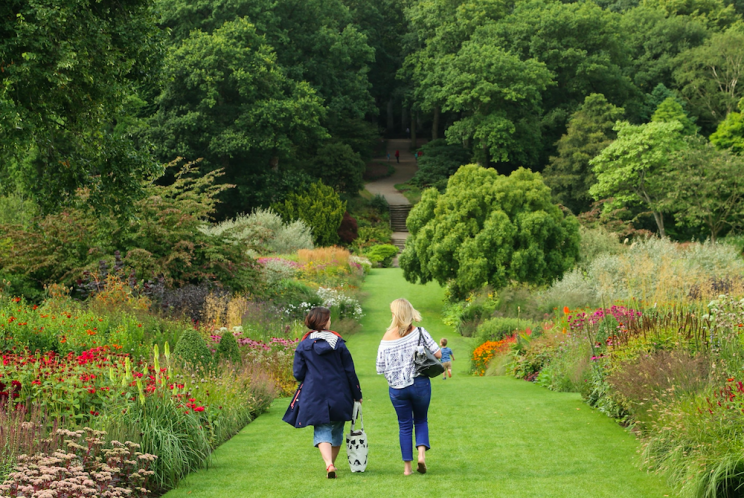British gardeners told use desert plants because global warming so bad

Climate change will totally transform gardens in the UK, spelling an end to immaculate lawns and a rise in plant pests and diseases.
Conditions in the south of England are going to become hotter and drier, meaning keen gardeners will have to turn to desert plants.
The warning came from the Royal Horticultural Society (RHS), who said drier summers and wetter winters will mean much greater challenges for British gardeners.
Its Gardening in a Changing Climate report, compiled with input from Met Office experts and university academics, analysed the potential impact of climate change on the nation’s gardens and found a north-south divide in what gardeners can expect.
MORE: Rabbit set to be world’s biggest dies on United Airlines flight in fresh PR disaster
MORE: Pope Francis gives surprise TED talk and tells world’s leaders to be more humble
The south of England will become warmer and drier, while areas north of Northampton are set to be cooler and wetter, resulting in an extended growing season.
An RHS survey of 1,000 gardeners found those in the north reported mowing their lawns more often than those in the south.
The RHS concluded the change could mean gardens will need more mowing, weeding and pruning and a wider variety of plants could be grown, while gardeners will have to take steps to ensure the survival of flowers such as the tulip, aster and allium in increased rainfall.
The report said: ‘Variability in the weather has always challenged UK gardeners, but this aspect may get worse and lead to frustrations when attempting to grow some species.
‘Survival may not be the only issue – poor garden performance year on year, for instance a lack of spring blossom or consistent autumn colour, may lead to some genera losing popularity.

‘Advocates of immaculate, well-watered lawns and Edwardian herbaceous borders … may have their work cut out to maintain standards.’
RHS climate scientist and co-author of the report, Dr Eleanor Webster, said: ‘Increasing housing pressures will exacerbate the possible implications of climate change outlined in the report.
‘As a result, gardens will become increasingly important for flood protection, local climate buffering and as vital green spaces for wildlife.
‘The threat to our gardens and green spaces from climate change is very real and is happening now.’
RELATED VIDEO:

 Yahoo News
Yahoo News 


